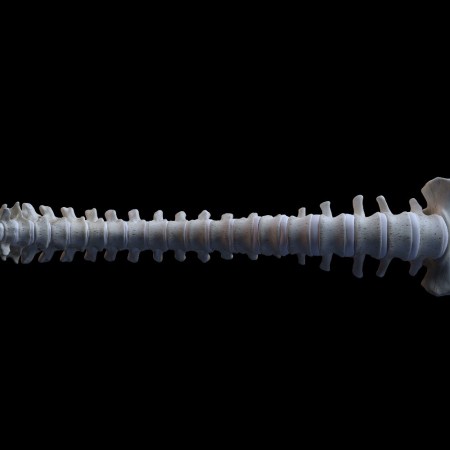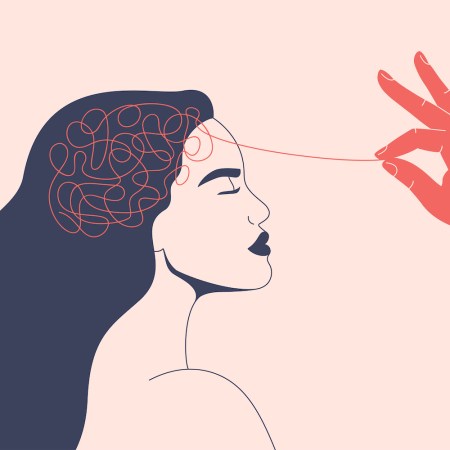Plenty of people struggle with migraines every day, but scientists are still a long way from cracking the code of precisely why they happen or what else they might signify. Migraines are often linked to other health issues, but the phenomenon is a disorder as opposed to something with a definitive cause and consistent effects. That hasn’t stopped scientists from seeking a deeper understanding of migraines, however — and a recent study offers an intriguing hypothesis.
Citing a recent study in the journal Science, Nature‘s Miryam Naddaf points to a new discovery about the nervous systems of mice. The scientists engaged in the research found that a brief pause in neuronal activity can alter the behavior of spinal fluid — and that this can, in turn, lead to headaches.
As the University of Texas at Dallas in Richardson’s Gregory Dussor told Nature, “A headache might just be a general warning sign for lots of things happening inside the brain that aren’t normal.” Naddaf pointed out that the brain itself lacks pain receptors, meaning that — unlike with other parts of the body — experiencing distress doesn’t have an automatic signal that something is wrong.
Study: Yoga Could Help People Who Suffer From Episodic Migraines
The new research comes from the All India Institute of Medical SciencesThe scientists working with mice found a gap around the trigeminal ganglion, and zeroed in on this as a potential location for where spinal fluid might flow when the brain is experiencing something wrong. Phillip Holland of King’s College London noted that this discovery “really shows this nice potential interaction between how something changing in the brain could impact the periphery.” Naddaf writes that this study should lead to a number of follow-ups. Perhaps one of those will help us further understand why we get migraines — and what our bodies are telling us when we do.
The Charge will help you move better, think clearer and stay in the game longer. Subscribe to our wellness newsletter today.



















